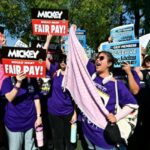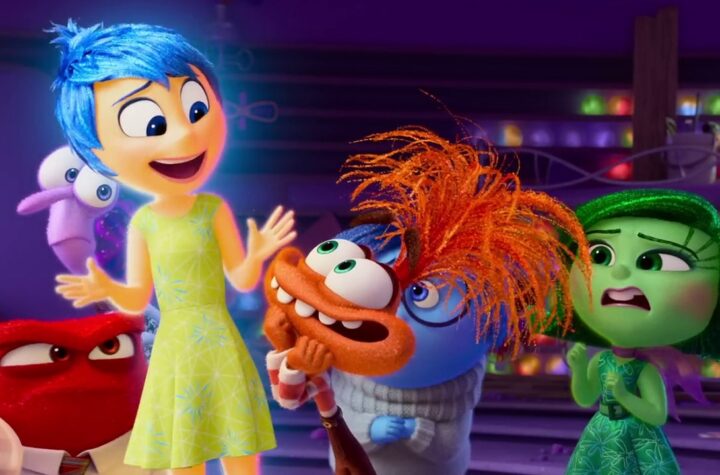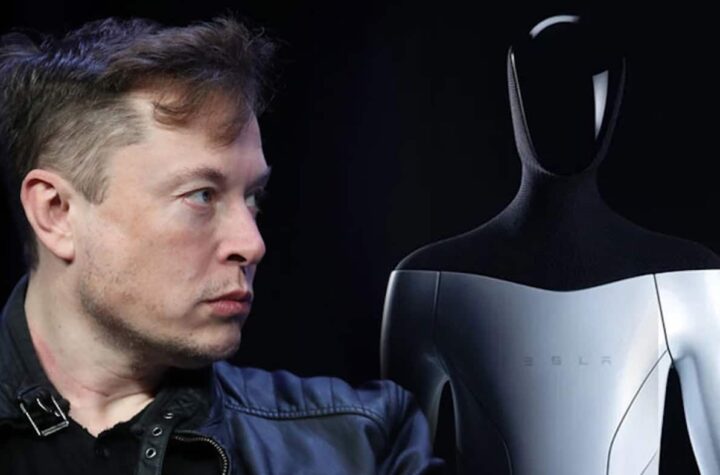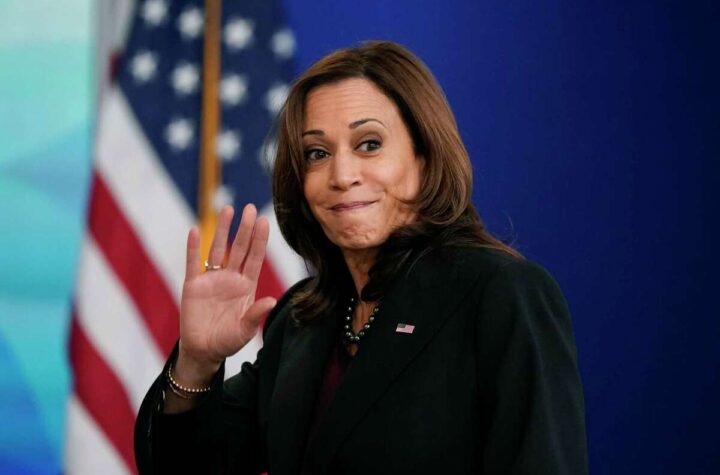The 1984 Bhopal gas tragedy victims’ petition for increased compensation was denied by India’s Supreme Court.
“The matter could not be raised up three decades after the settlement,” the court said.
Hundreds of people lost their lives as a result of a leak from the Union Carbide factory in the state capital of Madhya Pradesh.
The 1999 acquisition of Union Carbide by Dow Chemicals claimed that the 1989 settlement was just and binding.
The Bhopal gas disaster is recognized as the world’s biggest industrial catastrophe.
According to the Indian government, more than 15,000 people have died in the years following the gas leak, and 3,500 of those deaths occurred within days. The death toll, according to campaigners, could be as high as 25,000, and the effects of the gas are still being felt today.
Seven former plant managers were found guilty in 2010 by an Indian court, which sentenced them to insignificant fines and brief incarceration. Yet, a lot of protesters and victims thought Union Carbide was still not given the justice it deserved.
To end the initial dispute over compensation, Union Carbide consented to pay $470 million (£386.5 million) in 1989. In their argument on behalf of the survivors, the government requested $3.3 billion (£2.7 billion).
The victims appealed the Supreme Court’s ruling, which affirmed the settlement but mandated that Union Carbide pays for a victims’ hospital that will cost around $17 million.
After public criticism over the former executives of UCIL receiving only two-year prison terms and nominal penalties, the government agreed to reconsider the compensation in June 2010.
India’s attorney general requested that the case be reviewed and that the settlement amount be increased to $1.1 billion in a curative petition.
The government claimed the initial compensation was based on inaccurate data and did not adequately account for the severity of the harm done to both human life and the environment. According to the petition, Union Carbide’s successor companies must pay the additional compensation.
The Supreme Court dismissed the argument on Tuesday, stating that it was “not acceptable in law and lacked merit under the circumstances in this instance.”
The five-judge Constitution panel said that it was inappropriate to bring up the issue of compensation 30 years after the settlement.
A separate 2011 request for a retrial of the case by India’s federal investigation agency had been rejected by the Supreme Court, which stated that there was “no satisfactory justification” for such a request 14 years after the initial ruling.











More Stories
According to Prime Minister Modi, India is going to be a developed country by 2047 with the assistance of technology.
The right to free expression in the legislature is essential. Mr. Gandhi
Today, in Srinagar, there was a concluding ceremony for the “Bharat Jodo Yatra”